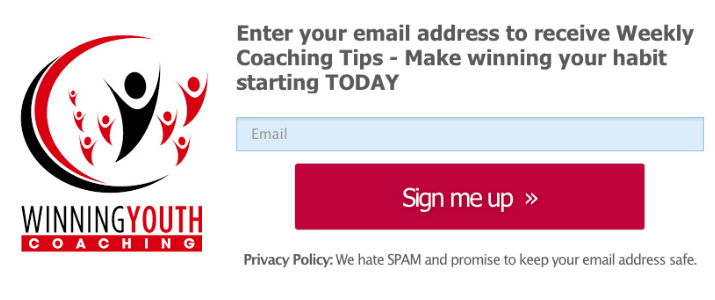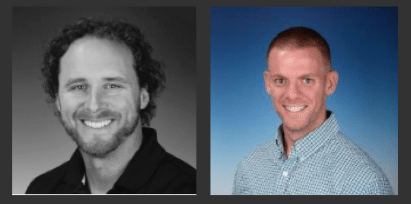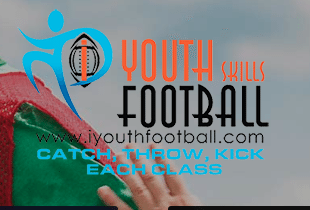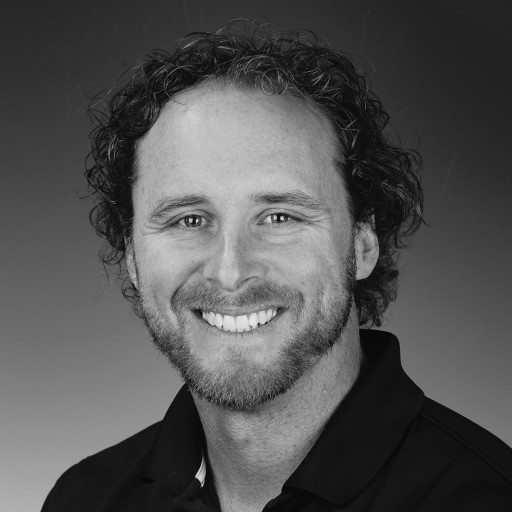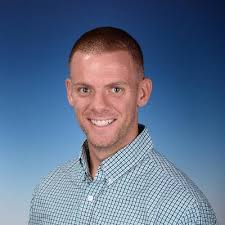January 31, 2019
WYC 163 – Mental Toughness Training – Dr Rob Bell talks Hinge Moments
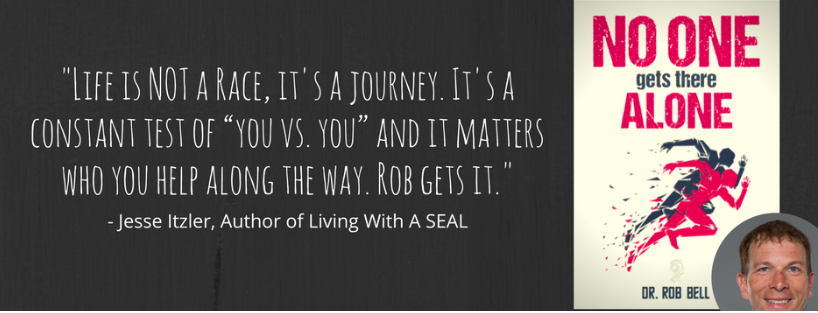
Dr. Rob Bell is a mental toughness coach. He is a husband and father of two wonderful kids. An Ironman and endurance athlete, and loves to PLAY: golf, swimming, skiing, running, ping-pong and chess. He speaks & trains with teams, organizations, and coaches on mental toughness.
Website: drrobbell.com
Twitter: @drrobbell
Facebook: /TheImportanceofmentaltoughness
Instagram: /drrobbell
Listen Now:
Listen on iTunes: iTunes link
Listen on Stitcher: Stitcher link
Listen on Google Play Music: Google Play link–
–
Hinge moments
- A person, a decision, or a moment that changes the direction of your life
- 1 of Dr. Bell’s hinge moments was when he was in college and living a party life- he walked off an 80 foot cliff. But it woke him up and changed him: “Our worst moments in life often end up becoming our best moments”
Mental toughness training
- Mental toughness – ‘It’s caught more than it’s taught’
- The most important time is when adversity hits – How, as coaches, do we respond? When they fail – teach them that ‘this is an event, not a person.’ “It’s a bruise not a tattoo.”
Visualization
- ‘To visualize success you have to have had success’ – So you have to lots of competitions – then the debrief is key: What were you thinking about when taking that key shot? Were you thinking about letting down the team, or what was going through your mind?
- And don’t just compete physically – they can compete on who gives the most high-fives or something mentally so different kids win and lose
Making the kids hungry
- How can I find the motivations for everybody? Motivating is the hardest mental skill. It’s hard. You have to train your coaches and captains to help. Then it’s a unified effort to pick everyone up and keep them on board.
Timing for feedback
- Parents – during the game is not the time to give feedback. You want them listening to the coach. The 2nd worst time to talk to your kids is on the car ride home. The best time is in non-pressure environments.
Best borrowed/stolen idea
- Jack Nicklaus: ‘People don’t understand how many times you have to finish 2nd before you finish 1st’
Favorite books/quote:
- Quote: ‘Some battles aren’t worth fighting even if you win. Some battles are worth fighting even if you lose.’ – Gil Reyes, Andre Aggassi’s coach
- Books by coaches who have won and lost – Dean Smith, Pat Summit, Bear Bryant, Bill Walsh
Parting Advice
- Better people make better athletes. Focus on developing the person.
—
Reviews are the lifeblood of the podcast!- If you like the podcast- please take 2 minutes to write a review! Click here
–
Ready to be an Awesome Youth Coach? Sign up for our free weekly newsletter:
SaveSave

